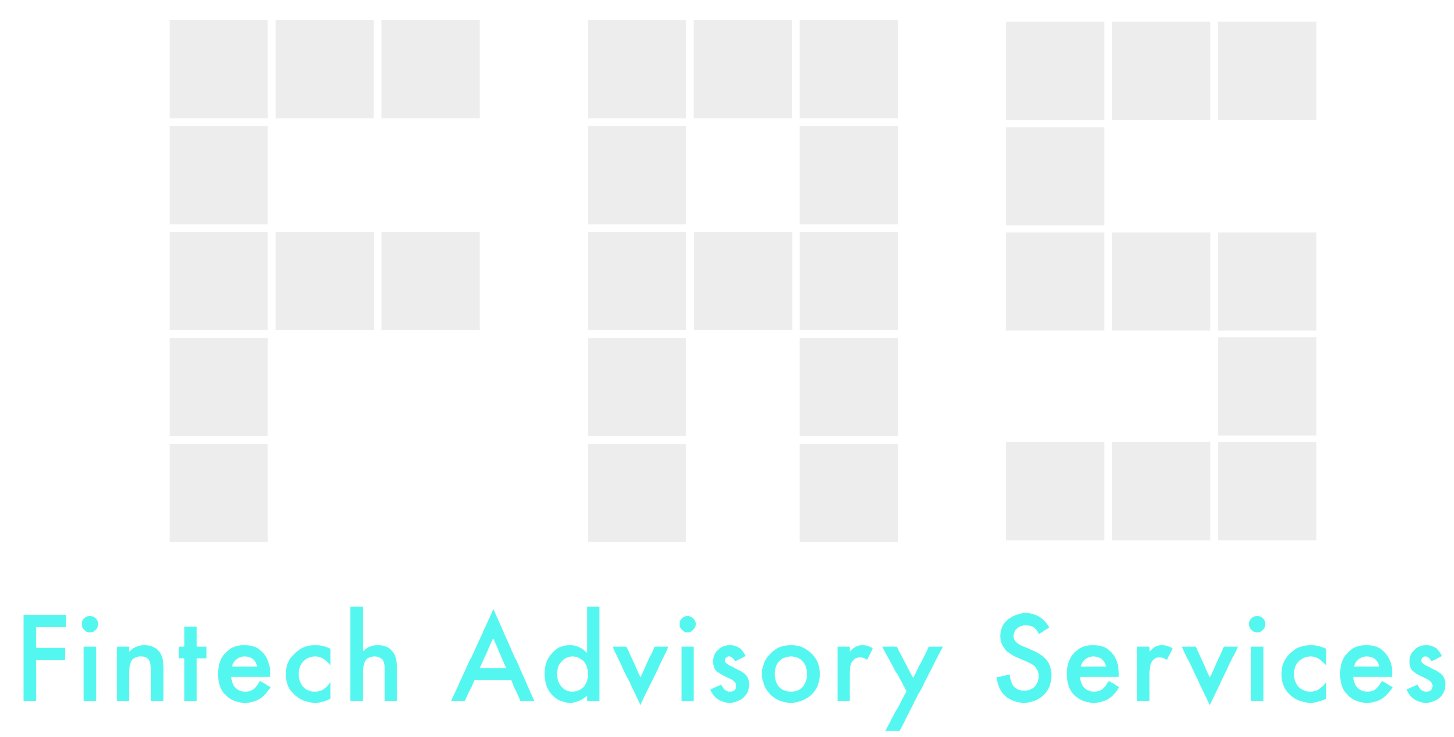Freedom for the Unbanked | Fed Up with Banks? Welcome to the Crypto Club.
By Elena Obukhova, Founder & CEO at FAS | Fintech Advisory Services
Remote work, digital nomads, decentralized teams, zoom calls, cross-border business, it's all now part of our work life. How come international payments are still taking days when they should take seconds?
Banks: "We’ve been unable to process an incoming payment"
One of our clients, I will omit their name for the sake of confidentiality and call them Finty, was receiving a payment from their client. Finty runs a small agency and is fully dependent on such incoming payments to pay their employees. The incoming payment is expected today and employees' payrolls should be cleared in 2 days. Instead of receiving an email saying "The transfer was successfully deposited to your account", the company gets an email saying "Please provide additional details on your transfer". Finty, of course, timely submits all the requested information.
The payroll day comes and there's still no deposit. The company has to use "emergency" funds to do all the payouts. The next day the email comes, saying "your transfer was rejected" with a clarifying message saying "due to our and our payment partners’ policies, we’ve been unable to process an incoming payment".
Funds were indeed returned to Finty's client however transaction fees and currency conversion fees were never reimbursed. Finty suggested using cryptocurrency payments with USDT instead and had to discount all the fees that the client was never reimbursed. The crypto transfer took approximately 2 minutes. Finty received their funds and was able to do the rest of the payouts.
Such delay in payments caused by Finty's bank wouldn't probably cause much trouble to a large company or corporation with a lot of liquidity on their accounts. However, it did cause Finty lots of inconvenience, extra commission, and additional inconvenience to their client that can also affect this business relationship.
Some bankers will say "well, we're trying to fight against money laundering and other illegal activities" but let's be honest. All those individuals and organizations that are trying to do illegal activities already know their way around the system. They are not likely to do a fully transparent bank transfer.
Money Laundering with EUR 300 (?)
My friend told me another story, I found it a particularly great example of how ridiculous banks can be. Her friend was studying in one of the universities in France and had a bank account with one of the major banks. Like many students, he was running out of money and decided to ask his brother who was living in NYC to transfer him EUR 300. Imagine how happy he would have been to receive this money if only his French bank didn't reject the payment referring to "money laundering alert". How often criminals launder money with EUR 300 will probably remain unclear.
Do You Want an Account? Here's 988 Papers & Forms to Fill In
More than 30% of the world’s population is unbanked with a big number of countries hitting the mark of 70%. People can't get an account for so many reasons: lack of trust in formal financial institutions and/or government, lack of papers to simply apply (e.g. people in certain areas in Myanmar don't have national ID), opening and maintaining costs, and some people live in remote areas where they can't even get to a bank.
It's also quite challenging for expats and remote workers to open international accounts. Switzerland and many European countries don't want to deal with the US residents and individuals/companies related to the USA as the country has stricter KYC and AML policies. Hong Kong has a list of restricted countries that includes Russia, for example, making it extremely difficult for residents of such countries to open an account (even if they have a business in Hong Kong). US banks would ask for additional papers, SSN (Social Security Number) and other things that expats might not have to open an account.
The Banking System Isn't Designed to Onboard the Unbanked
Back in the days, when I was doing data science on a financial inclusion project at the UN, we were discussing how to bring more people to the financial sector. Having worked with lots of data on developing economies in Asia, I quickly realized that the banking system is not designed to bring the unbanked into the financial sector. With ATMs being miles away, unaffordable commissions, unreasonable requirements, it's hard to imagine how banks are supposed to be attractive for an average person in developing economies.
Countries in Latin America, that I personally like to bring up as an example, have many stories on how banks were freezing accounts, taking away savings, and disabling US dollar accounts. Such centralised systems showed people that their money is owned by the bank, corporation, or a public institution, and can be taken away from them at any moment. Thus we see such a low banking ratio in Latin America and such a growing cryptocurrency adoption.
Cryptocurrencies: a Way to Financial Freedom
Cryptocurrencies are designed to give people financial freedom and independence solving inequality issues. Anyone regardless of their gender, race, age, citizenship, or any other characteristic can get a crypto wallet in minutes and start accepting/transferring money. Businesses can do cross-border payments without any unnecessary bureaucracy involved and pay their international employees quickly and with lower transaction fees.
Banks are serving rich populations and corporations while cryptocurrency gives access to financing to anyone. I have talked about Isuzu payments in Nigeria, OTC markets in Latin America, group saving in Asia, and other cash-based financing tools that were designed without banks by people within the Cash Economy. Whereas DeFi products are imitating such solutions allowing people to gain financial assistance and power.
It's a new era where “unbanked” will no longer mean financially excluded.

